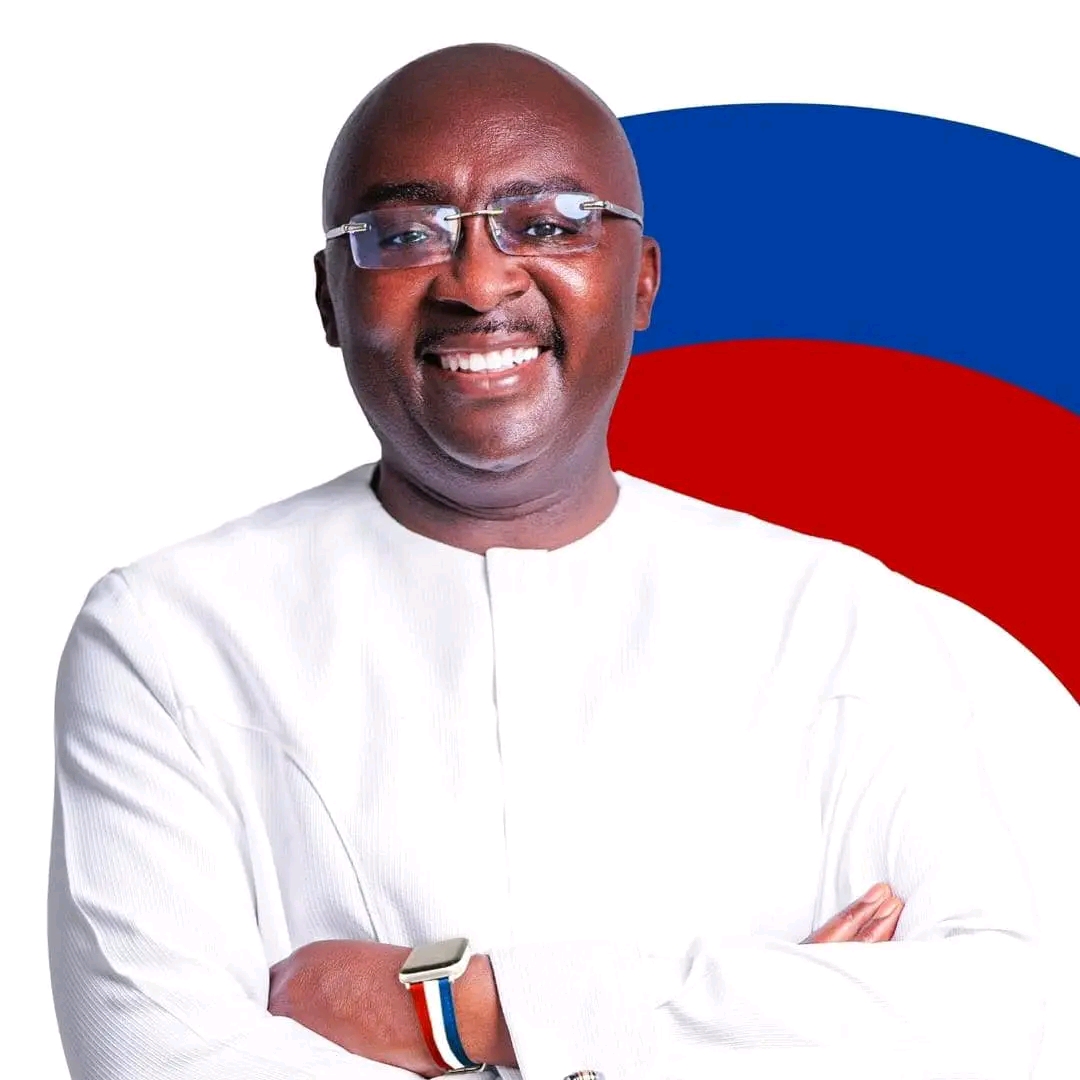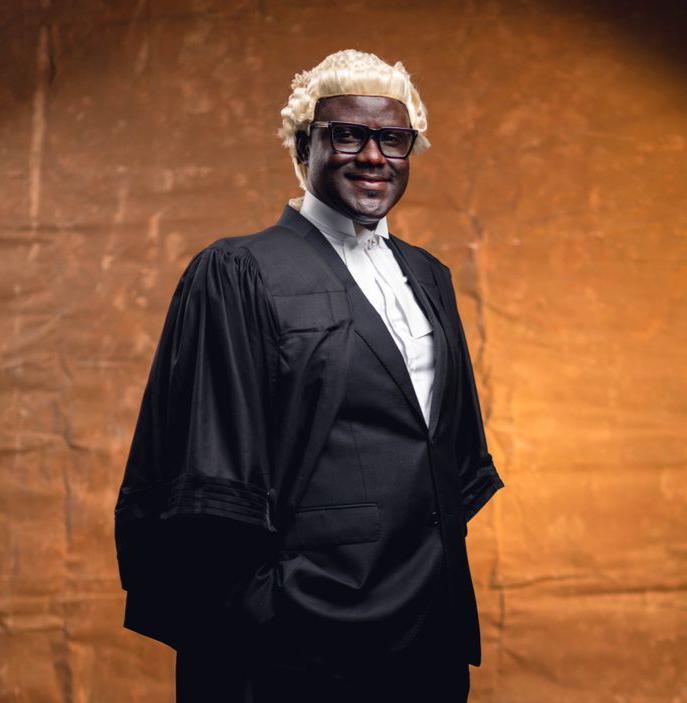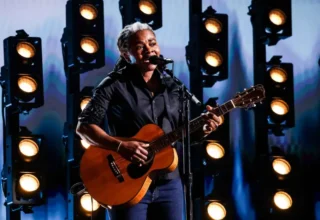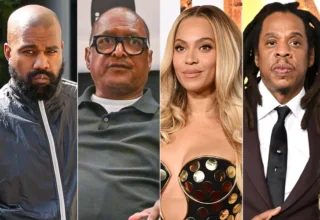
The Fresh Prince, Agent Jay, and Captain Jim West have mic skills in common.
Though Smith had no shortage of hits and wholesome jams under his belt, his turn on Fresh Prince brought the iconic “Yo Home To Bel Air” to the masses. Written by Quincy Jones, the song that many would come to simply dub “The Fresh Prince Theme Song” marked Will’s first foray into the bountiful world of wholesome cinematic bangers. Picking up where breakout single “Girls Ain’t Nothin But Trouble” left off, Will expanded on the storytelling foundation he laid down prior, this time delving deeper into character. Will’s transition from the playground to the lavish mansions of Bel Air played out like the musical equivalent of method acting, bridging a multimedia gap to create an immersive, and borderline metafictional experience. His accounts on Fresh Prince felt closer to autobiography than fiction, a line blurred all the more given that he was ostensibly playing himself. Needless to say, the song skyrocketed into popularity, eventually dropping as a single in 1992.
After Fresh Prince concluded its six-season run, Will Smith was lined up to star alongside Tommy Lee Jones in Men In Black. In honor of the upcoming sci-fi action-comedy, Smith once again opted for a proven formula, and took his acting chops into the booth. This time, Smith found himself rapping as Agent J, essentially summarizing the enigmatic government agency over a bouncy Trackmasters instrumental. For those keeping score, “Men In Black” was one of several tracks co-written by legendary lyricist Nas, who also helped pen “Miami” and “Gettin Jiggy Wit’ It.” Yet it was “Men In Black” that earned Smith a Grammy award in 1998, beating out a truly stacked lineup of competition, including Biggie’s “Hypnotize,” Busta Rhymes’ “Put Yo Hands Where My Eyes Can See,” and Missy Elliott’s “ The Rain.”
More importantly, however, “Men In Black” helped break down the true purpose of the organization in a concise and family-friendly fashion. “Alright check it, let me tell you this in closing, I know we might seem imposing,” raps Will, in the track’s closing verse. “But trust me if we ever show in your section, believe me, it’s for your own protection.” We’ve long seen rappers-turned actors immerse themselves in character for a spell, including Eminem’s supremely underrated “8 Mile Road.” Yet few have taken it to Will Smith levels of dedication, as a few subsequent singles would soon signify.
While “Men In Black” was arguably Smith’s most successful movie-banger, “Wild Wild West” is arguably his crowning achievement. Though the oft-maligned film itself has become somewhat of a cult classic, despite giving us the brilliant line “let’s get some shut-ass,” the strangely steampunk-inspired western found Will exploring some interesting musical territory. This time around, Smith channeled cavalier hero Jim West behind the mic, wasting little time in flexing his badass nature. Unlike “Men In Black,” which found Will Smith’s Jay operating in the shadows, “Wild Wild West” was a showcase for Jim West’s endless charisma.
Between seducing damsels in distress (who proceed to willingly disrobe in his presence), West spits bars aimed at his archnemesis Loveless, making history as the first supervillain diss track in a mainstream rap song. In fact, the track’s final verse finds Smith diving deeper into Jim West’s psyche, kicking up the Loveless related anger with a few pointed references. “Told me Loveless is a mad man, but I don’t fear that” raps Smith/West, “he got mad weapons too? Ain’t trying to hear that!” An essential on any nineties playlist worth its salt, “Wild Wild West” also helped the official movie soundtrack hit double platinum status. Fun fact, it’s not the only single to feature the nefarious Loveless at the center: Dr. Dre and Eminem’s collaboration “Bad Guys Always Die” also finds both parties plotting on the arachnid-inspired villain’s demise.
While “Switch” was more or less released in tandem with 2005 film Hitch, Big Will broke from the formula and failed to embody his cinematic counterpart, Alex “Hitch” Hitchens. For that reason, “Switch” feels more like an honorable mention, though it did not actually appear in the film or on the soundtrack. Sadly, Will Smith pretty much retired the practice of rapping “in character” with Jim West’s last ride; perhaps the critical panning of “Wild Wild West” was simply too much for him to bear. In any case, fans were robbed of a triumphant “Ali” anthem, a melancholic “I Am Legend” horrorcore cut, and even a “Suicide Squad” Deadshot banger. Perhaps Smith will revise the practice with the upcoming Aladdin. We’ve already heard a fragment of “Friend Like Me” in the trailer, and who’s to say a Genie-centric verse won’t be included in the final version?
While “Switch” was more or less released in tandem with 2005 film Hitch, Big Will broke from the formula and failed to embody his cinematic counterpart, Alex “Hitch” Hitchens. For that reason, “Switch” feels more like an honorable mention, though it did not actually appear in the film or on the soundtrack. Sadly, Will Smith pretty much retired the practice of rapping “in character” with Jim West’s last ride; perhaps the critical panning of “Wild Wild West” was simply too much for him to bear. In any case, fans were robbed of a triumphant “Ali” anthem, a melancholic “I Am Legend” horrorcore cut, and even a “Suicide Squad” Deadshot banger. Perhaps Smith will revise the practice with the upcoming Aladdin. We’ve already heard a fragment of “Friend Like Me” in the trailer, and who’s to say a Genie-centric verse won’t be included in the final version?






